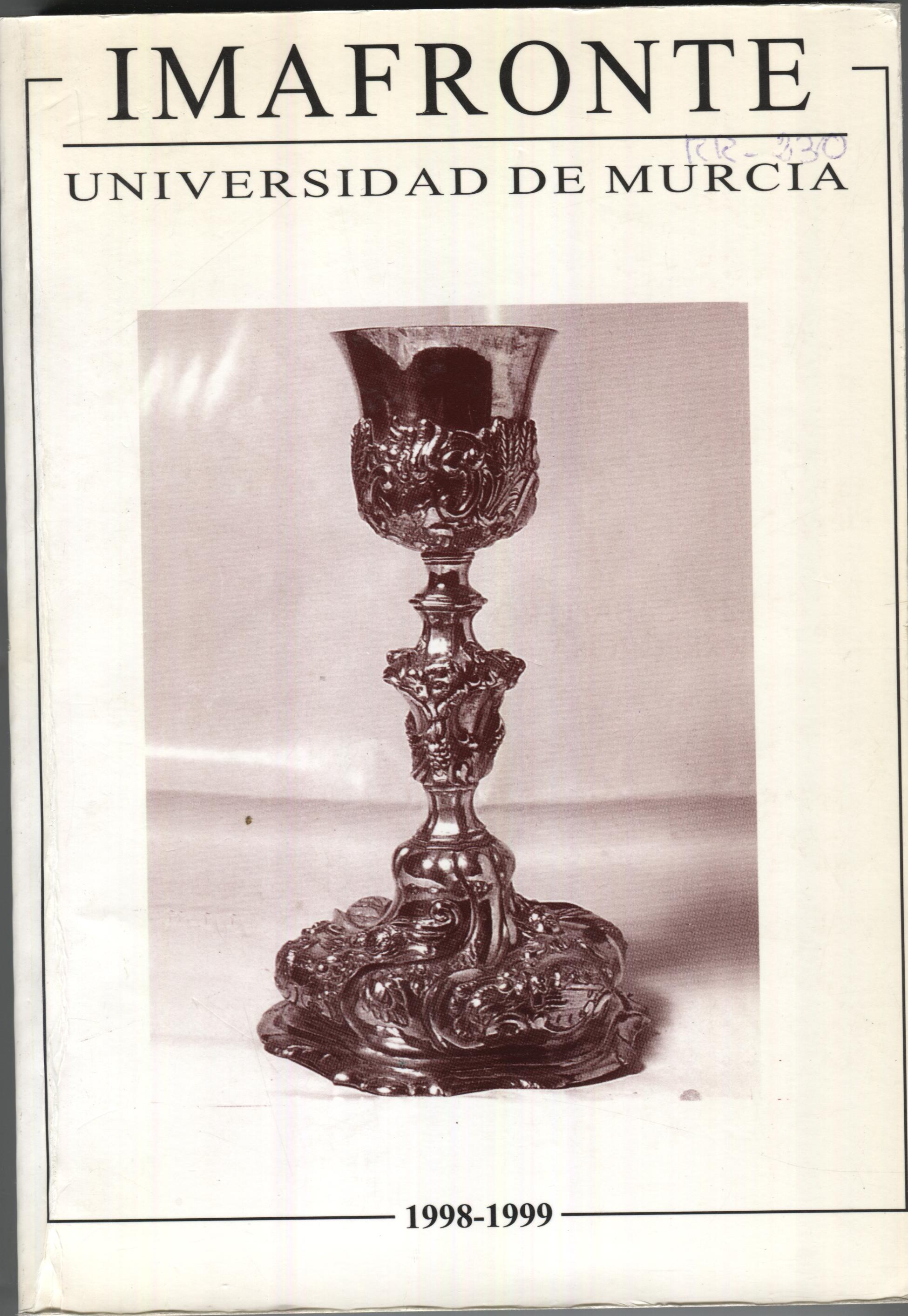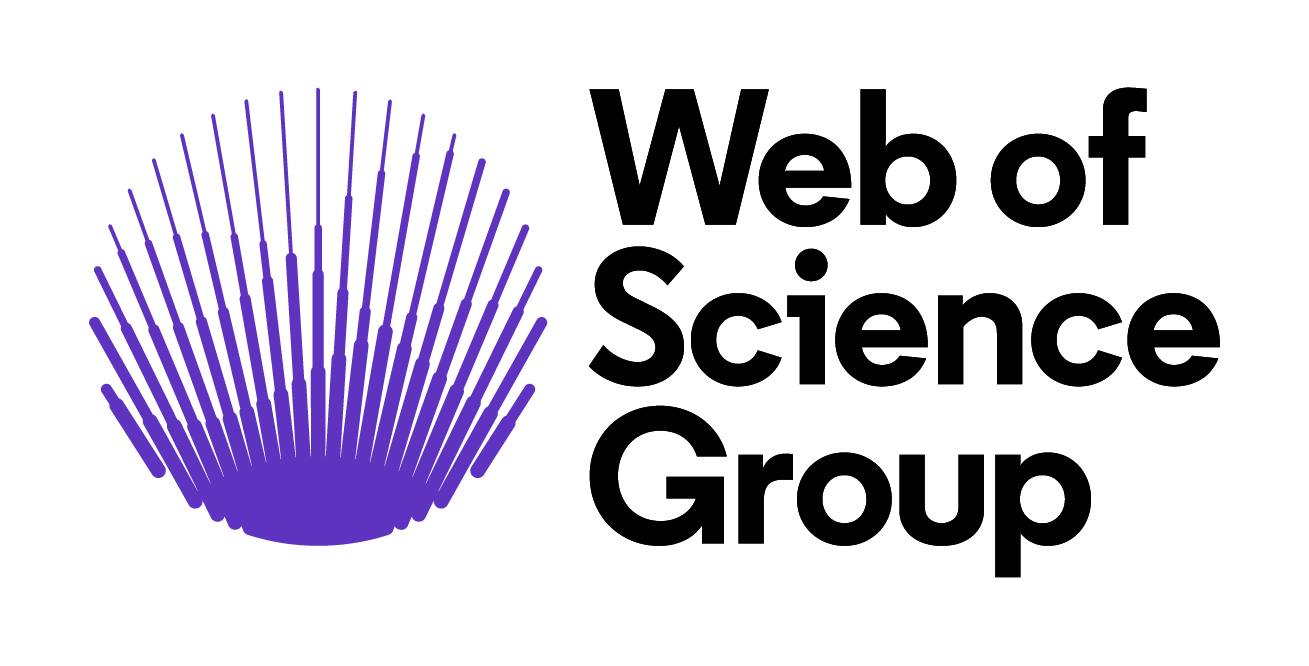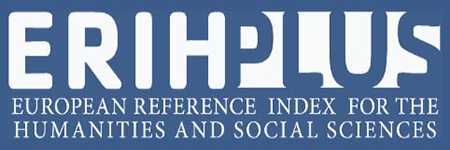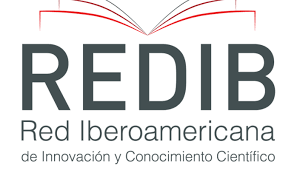EL CINE DE JUAN ANTONIO BARDEM Y LA CENSURA FRANQUISTA (1951-1963): LAS CONTRADICIONES DE LA REPRESIÓN CINEMATOGRÁFICA
Abstract
This paper deals with the attitude taken by the franquist political power towards the work of one director, Juan Antonio Bardem, a communist militant. His films were charucierised by their acuted observation and critique of the society of his time. This article seeks to investigate how these films were trerated by the franquist censorhip and what funds were received, from the administration. The conclusion which has been reached is that the franquist regime used censorhip to multilate Bardem's works, but. at the same time, once this bureaucratic operation had been completed . generous state and was given to his films. This paper attempts to outline some explanations for this apparently contradictoty behaviour by the them film authorities.Downloads
-
Abstract943
-
PDF (Español (España))795
1. The authors non-exclusively assign the exploitation rights (reproduction, distribution, communication and transformation) to the magazine.
2. The works published in this magazine are subject to the Attribution-ShareAlike 4.0 International license (CC By SA 4.0). Therefore, they can be copied, used, disseminated, transmitted and publicly displayed, provided that:
i) the authorship and the original source of its publication (journal, editorial and URL of the work) are cited, thus allowing its recognition.
ii) it is allowed to remix, transform or create from the material while maintaining the same license as the original.

3. Self-archiving conditions. Authors are allowed and encouraged to electronically disseminate the pre-print (version before being evaluated) and/or post-print (version evaluated and accepted for publication) versions of their works before publication, as it favors their publication. Earlier circulation and diffusion and with it a possible increase in its citation and reach among the academic community. Color RoMEO: verde.






















